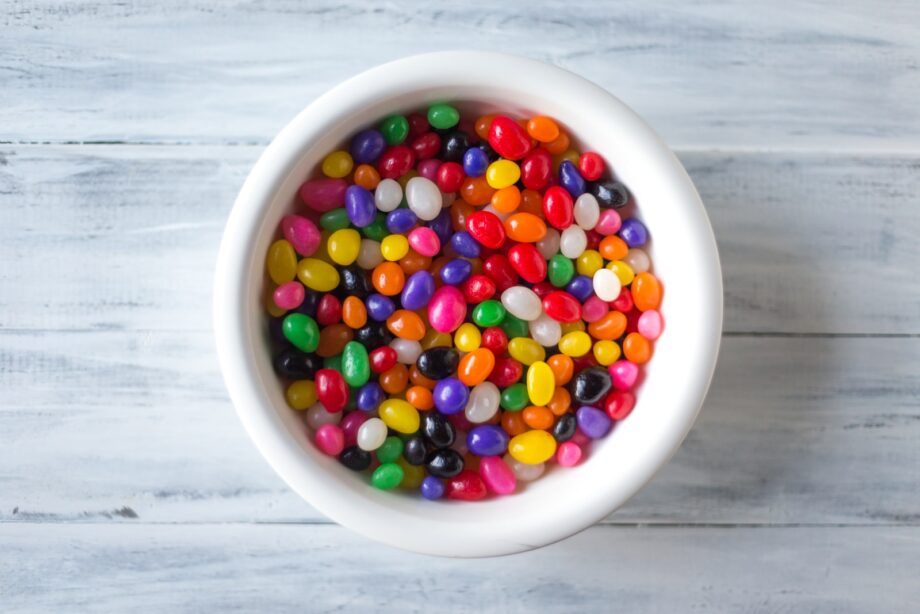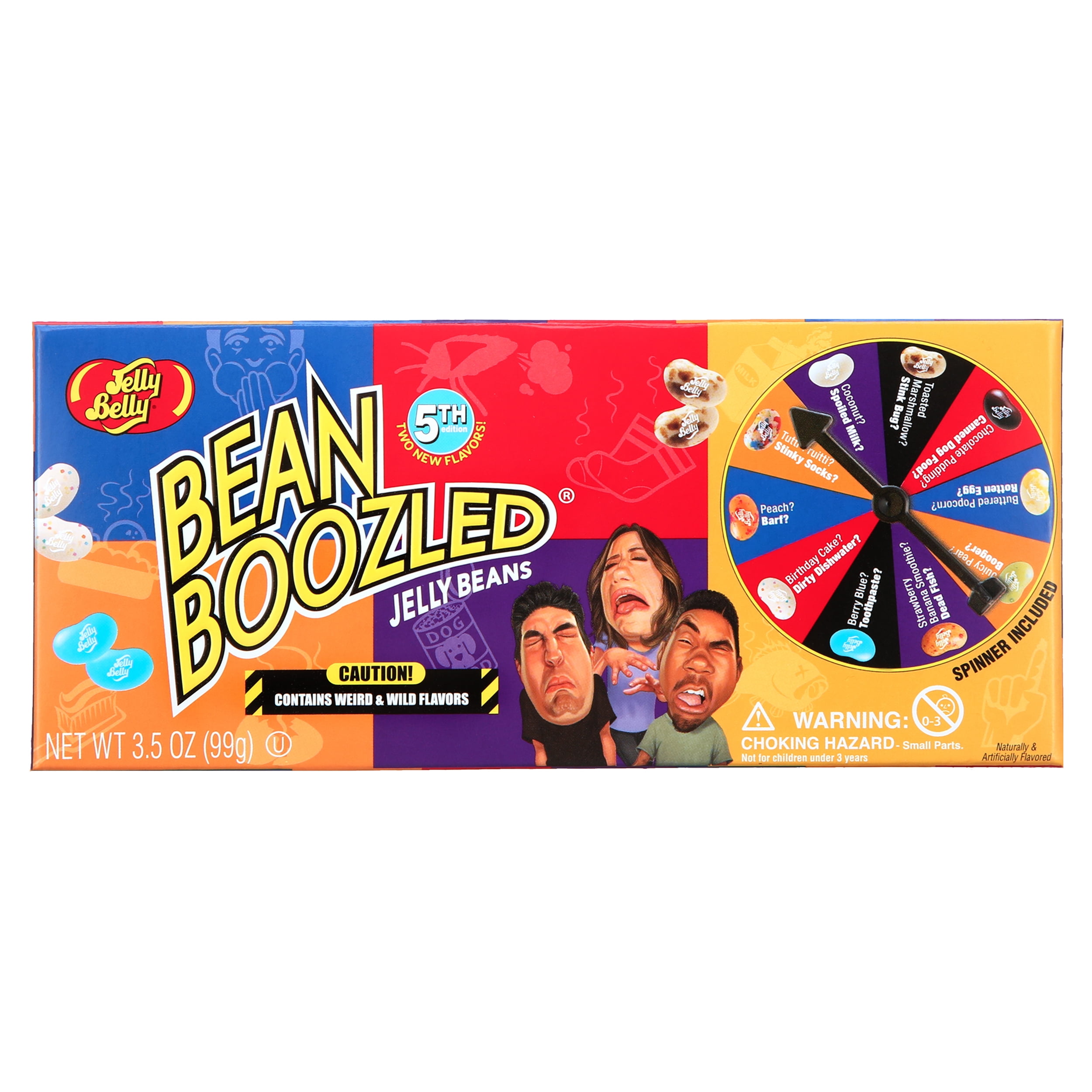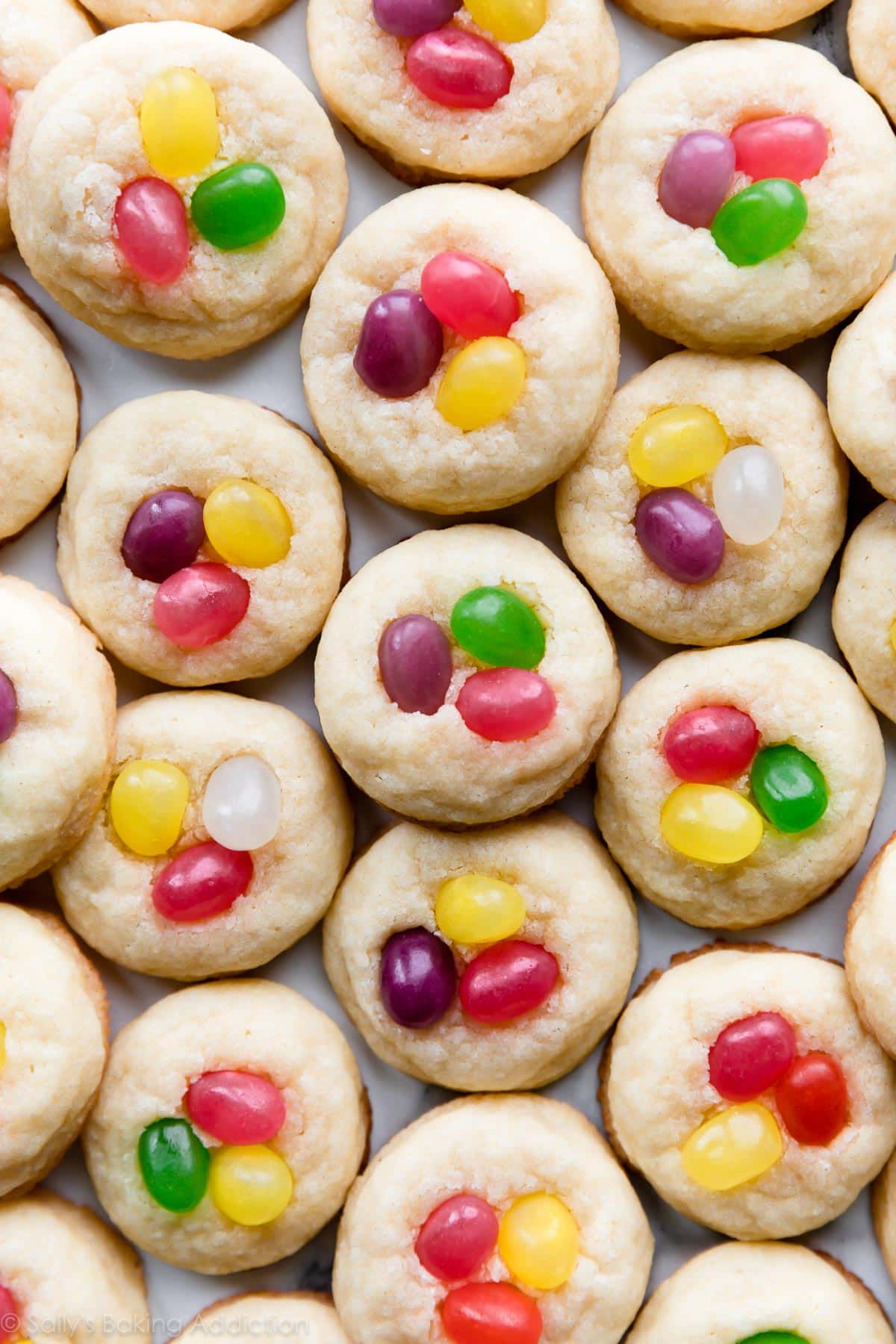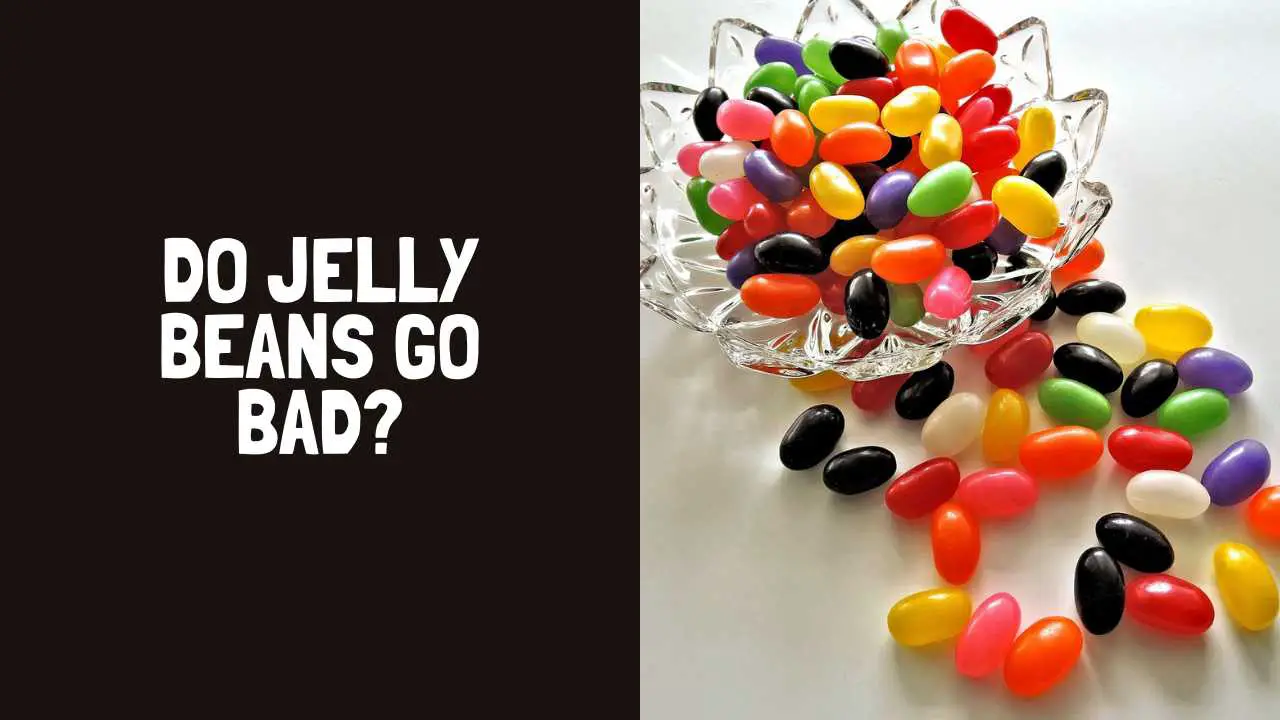
Episode 010 When Green Beans Go Bad Eat Like No One Else
Quick Answer. Jelly beans are made to last a very long time. If kept away from sources of heat, jelly beans can last for 10 months to a couple years at room temperature. If you live in a hot, humid area, you may want to store them in the fridge to keep them cool. With refrigeration, jelly beans can last for a year at the least, and many years.

Do Jelly Beans Go Bad?How Long Does It Last?
1 Year. Caramels last for. 9-12 Months. Gum lasts for. 6-9 Months. Of course, jelly beans will last for a shorter period of time if it is not stored properly. But, like many other products, jelly beans may have a best by date which is simply the last date by which a manufacturer will vouch for a product's quality, not its safety.

Do Jelly Beans Go Bad? How Long Does It Last? Did you know this about
Do Jelly Belly Jelly Beans Expire Or Go Bad? Jelly Belly jelly beans, renowned for their vast array of flavors and vibrant colors, have been a staple in the candy world for decades. As with any food product, consumers may question the longevity of these sugary treats and whether they expire or deteriorate in quality over time. This article.

Do Jelly Beans Go Bad? [Simple Answer] Go Bad Or Not
Yes, jelly beans do go bad. Under very high temperatures, the texture and food quality of jelly beans can significantly deteriorate. Many times, the shape of jelly beans also changes due to the high heat and humid conditions. Jelly Beans don't go bad if they are correctly stored. They come with added sugar, preservatives and have a too long.

jelly beans spilling out of a jar stock photo images
The jelly beans won't magically go off after this date has passed. Really, the best way to think of the date is as an indicator of their best quality. Basically, if you store your beans properly, they will store for way longer than this date. In fact, they will probably stay good for more than 6 months after the sell-by date.

Do Jelly Beans Go Bad?How Long Does It Last?
There are a couple of ways to determine if jelly beans are bad or spoiled. - The jelly beans have mold, fungus, or some other type of contamination. - The jelly beans are rancid or have a strong unpleasant odor. - The jelly beans are sticky, have a slimy texture, or are not firm to the touch. - The jelly beans have an unnatural color or.

Large special price !! Bean Boozled Jelly Beans
Jelly beans should also be kept away from any sources of moisture. Moisture or humidity will cause jelly beans to get sticky or slimy and begin to lose their consistency. If stored incorrectly, jelly beans can begin to fuse together, develop an odd odor, or have changes in texture or consistency.

Do Jelly Beans Go Bad? What Are The Storage Tips And Shelf Life Of
Up to 6 months. Up to 6 months. Up to 12 months (1 year) Indicative timetable for how long jelly beans can last before they go bad. Always check for spoilage signs. We'd say that jelly beans can last for several months to a year when they're stored in an airtight container away from direct sunlight, moisture, humidity, and so on.

Do Jelly Beans Go Bad?How Long Does It Last?
The good news is that jelly beans typically have a long shelf life and don't really have an expiration date. However, like all food items, they can eventually go bad if not stored properly or if they are really old. When stored in a cool, dry place, jelly beans can last for a very long time. The high sugar content in jelly beans acts as a.

Jelly Bean Image, Jelly Bean Jar, Jelly Bean Candy, Jelly Beans
However, like any food item, they can go bad over time. The shelf life of jelly beans can vary depending on how they are stored and the ingredients used in the product. Jelly beans typically have a long shelf life and can last for several months, or even years, if stored properly. Proper storage conditions include keeping them in a cool, dry.

Lucky Belly Food & Kitchen Resources
Do jelly beans go bad? Just like any other food, jelly beans can go bad. Jellybeans are primarily made of sugar, corn syrup, and corn starch. All of these ingredients are considered shelf stable and actually have long shelf lives. The main issue with jelly beans is exposure to air and moisture. Prolonged exposure to air can make jelly beans.

Expired Or Delicious? Do Jelly Beans Go Bad?
Ever found yourself staring at a bag of jelly beans in your pantry and wondering, "just how long do jelly beans last?"You're not alone. We've all experienced the intense curiosity that comes with trying to figure out the mystery behind the shelf life of jelly beans.Perhaps you've forgotten about a bag in the back of your cupboard, or you've received more than your fair share during a holiday.

Do Jelly Beans Go Bad? New Update
Refrigeration not only wards off potential melting and mold but also elongates the life of these beans to an impressive 10 months or more. However, always ensure they're housed in their original packaging or an air-tight container. The realm of the freezer is another option, albeit less explored.

Do Jelly Beans Go Bad?How Long Does It Last?
by Rachel Ellison. Yes, jelly beans do go bad after a certain period of time. Jelly beans have an expiration date printed on their package, but they can still be consumed beyond that if they are properly stored. Jelly beans are a favorite sweet treat of many, but most people are often left with a few jars or bags of leftover jelly beans that.

All You Need to Know About Jams, Jellies, and Fruit Preserves Kamcord
In other words, it's not like jelly beans go bad soon after opening, or anything like that. Given that you take pretty good care of them, they should keep for months. Pantry. Fridge (if needed) Jelly beans. Best-by + 6 - 9 months. Best-by + 6 - 9 months. Please note the periods above are only estimates. Jelly beans date on the label.

Do Jelly Beans Go Bad? How Long Do Jelly Beans Last?
If the beans are dried out or hard, they may also be bad. If the flavor of the jelly bean has changed, it is probably not safe to eat. If mold is visible on the surface of the jelly bean, do not consume it. If you're not sure if the jelly beans are still good, throw them away. It's better to be safe than sorry when it comes to food consumption.